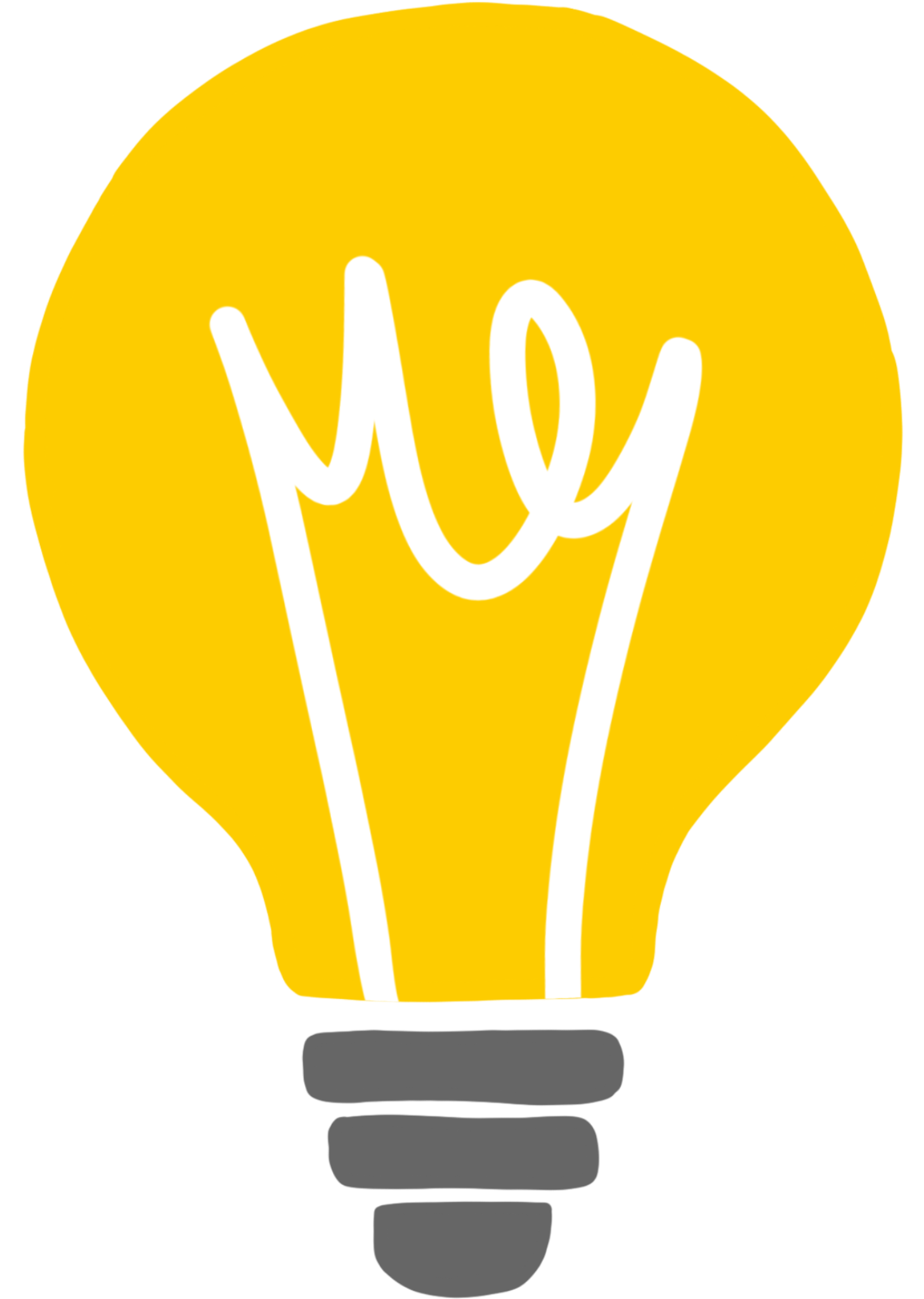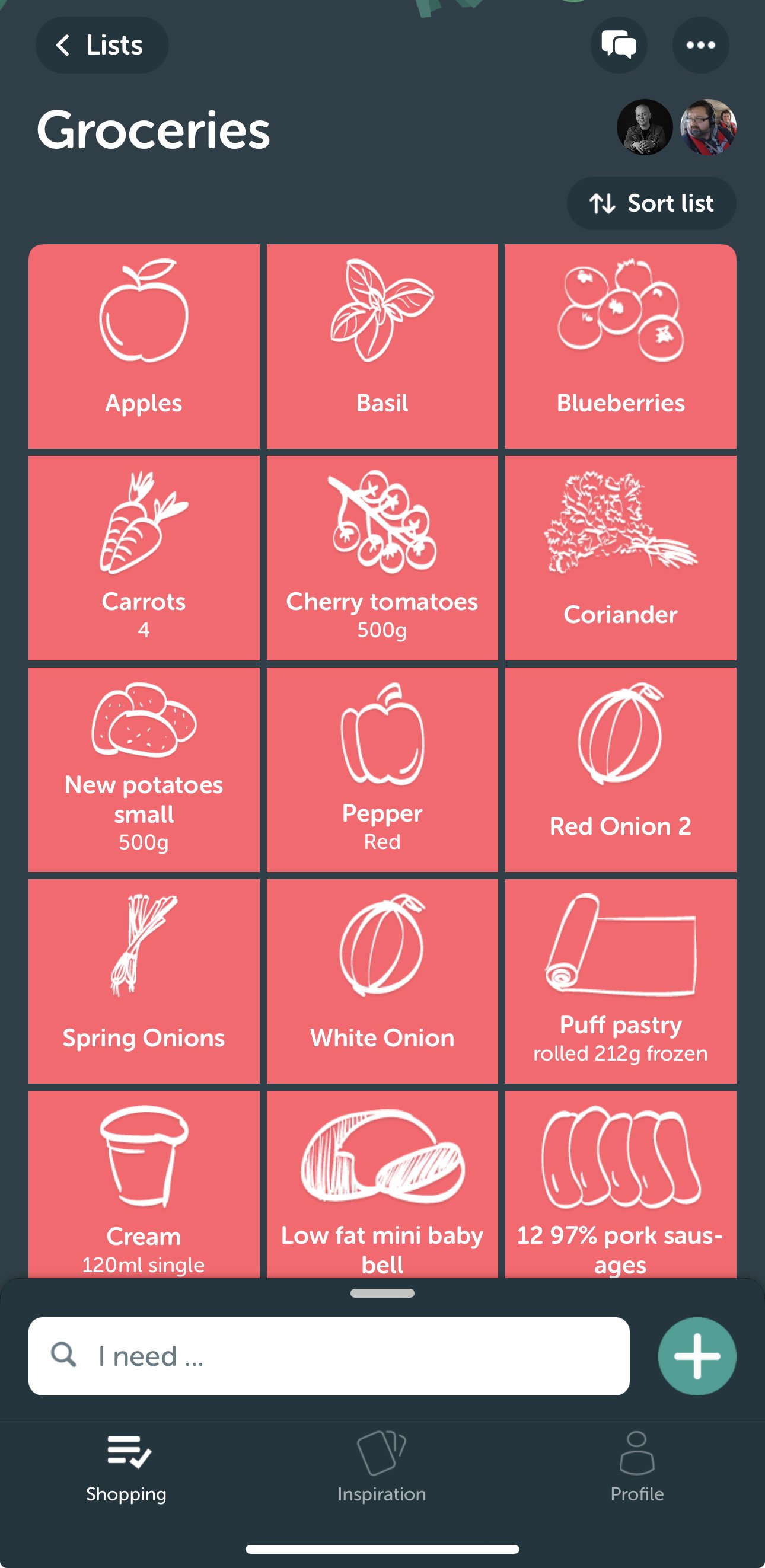Three Simple Household Systems That Boost My Wellbeing and Productivity
The benefits of a tidy, well-organised home extend to every part of my life. When my home is a mess, I am a mess.
I’m not naturally tidy or overly house-proud, but systems are my superpower. I had been using systems in my professional life for years before I realised they could work wonders at home, too.
For context, my household comprises me, my husband, and two pets; however, these systems can apply to any household.
Here are three simple systems I’ve implemented at home that have improved my wellbeing and productivity.
System One: Shared Shopping Lists
I have used the shopping list app Bring for years. It’s a free app available on iOS and Android.
Bring’s interface is basic, and the app is not packed with features; it just does one thing well – it allows you to create and share shopping lists.
I have Bring lists for the supermarket (groceries), the garden centre, and town (for general “popping into town” errands). The supermarket list gets the most use; it is shared with my husband.
Using a shared shopping list relies on one simple rule: when a household item runs out (e.g. milk, toilet roll, etc.), whoever finishes it adds it to the supermarket list. That’s it.
It’s an incredibly simple system that works well because it relies on one rule and it is easy to add items to the list (our phones are always handy). Bring app is our shopping list “one point of truth”.
Screenshot from Bring app
System Two: Meal Planning
Meal planning has saved me a great deal of time and money over the years (not to mention avoiding extra calories from takeaways!).
While I only have two relatively unfussy eaters to consider (excluding the pets), I am confident this system can work for any household.
Here’s how I do it:
Every Saturday morning, I plan lunches and dinners for the week. All ingredients are added to my Bring list. After my gym session, I do the grocery shopping.
I use Tana, a digital notetaking tool, to save and organise my meal plans and recipes. This allows me to quickly reference tried-and-tested meals, saving time each week. Tools like Notion would work similarly.
My meal planning system relies on two supertags: #recipe and #mealplan. The #recipe tag directs me to the relevant cookery book or website, while the #mealplan tag specifies the day of the week.
While I don’t always follow the plan perfectly, it provides a solid starting point for the week and helps keep our meals organised and stress-free.
Here are screenshots of my meal planning supertags in Tana, and my day page displaying meals for the week:
My meal planning supertags in Tana
My day page in Tana showing meals for this week
System Three: Weekly Budgeting
Every Sunday, as part of my weekly review, I review our household spending for the week and add everything to a monthly budget spreadsheet.
I use a Google Sheets template purchased from this Etsy shop (their templates are fantastic).
I feel the same about doing my weekly budget as I do about completing my annual tax return, but doing a little every week makes it manageable. By logging our income and expenditure for the week and checking our expenditure categories, I know whether or not we are sticking to our budget and if we have to adjust. This process reduces stress and makes me feel like a real adult (for once!).
Conclusion
Implementing these simple systems has made a significant difference in my life, from reducing stress to saving time and money. While each household is different, these adaptable strategies can help anyone create a more organised, efficient home. Whether it’s sharing shopping lists, planning meals, or managing a weekly budget, these systems provide structure and clarity in the midst of daily chaos.
Why not try implementing one of these systems this week and see how it impacts your wellbeing and productivity? I’d love to hear about your experiences or any systems that work well in your household. Let’s continue the conversation in the comments.




